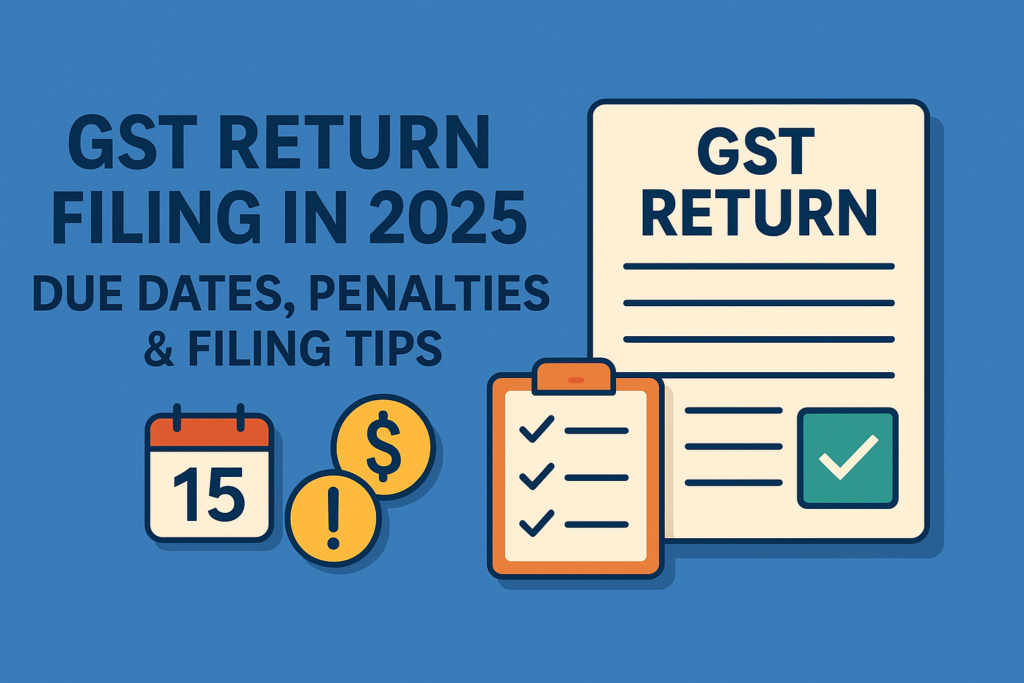
All About Cess on Income Tax: What You Need to Know
Education Cess
Education cess is levied to fund educational initiatives undertaken by the government. It is aimed at improving the quality of education in the country.
Secondary and Higher Education Cess (SHEC)
SHEC is a form of cess imposed to support secondary and higher education programs. Its primary objective is to enhance educational infrastructure and accessibility.
Health and Education Cess
Health and Education Cess is a recent addition aimed at providing better healthcare facilities and educational opportunities.
Rates of Cess on Income Tax
The rates of cess on income taxs are subject to change and are decided by the government. Currently, the cess and income tax stands at 4% of the total income tax payable.
How is Cess on Income Tax Calculated?
Cess on income taxs is calculated as a percentage of the total income tax payable. The formula for calculating cess on income taxs is:
Cess on Income Tax = (Income Tax Payable × Cess Rate) / 100
For example, if your total income tax payable is $50,000 and the cess rate is 4%, then the cess on income tax would be:
Cess on Income Tax = (50,000 × 4) / 100 = $2,000
Utilization of Cess on Income Tax
The funds collected through cess on income tax are allocated for specific purposes by the government. These funds are primarily utilized for various government schemes and initiatives, such as education, healthcare, and infrastructure development.
Implications of Cess on Income Tax
Cess on income taxs directly impacts taxpayers as it increases the overall tax burden. However, it plays a crucial role in funding essential government programs that benefit society as a whole.
Recent Changes and Updates
Over the years, there have been several changes in the rates and utilization of cess and income tax. The government frequently revises the rates and allocates funds based on evolving priorities and requirements.
Purpose: Cess and Income Taxs is imposed to finance specific government schemes or projects. These could include education, health, or infrastructure development.
Rates: The rate of Cess and Income Tax varies depending on the purpose for which it is imposed. The rate is usually a percentage of the income tax payable.
Calculation: Cess is calculated on the total income tax liability. For example, if your income tax liability is Rs. 10,000 and the Cess rate is 3%, you would pay an additional Rs. 300 as Cess.
Non-Deductible: Cess and Income Tax is not deductible from your taxable income. It is an additional amount payable over and above the income tax.
Examples: Some common types of Cess and Income Tax in India include the Education Cess and the Secondary and Higher Education Cess.
Applicability: Cess and Income Tax is applicable to all taxpayers, including individuals, Hindu Undivided Families (HUFs), companies, and other entities liable to pay income tax.
Pros and Cons of Cess and Income Tax
Advantages
- Supports government initiatives
- Improves infrastructure and services
- Enhances the quality of education and healthcare
Disadvantages
- Increases tax burden on taxpayers
- Can be perceived as an additional financial strain
- Lack of transparency in fund allocation
Conclusion
Cess and income tax is an important component of the tax system in India. While it increases the tax burden on taxpayers, it also plays a crucial role in funding essential government programs. Understanding how cess and income tax works is vital for every taxpayer to comprehend where their tax money is being utilized.
Frequently Asked Questions (FAQs)
1. What is Cess and Income Tax?
Cess and income tax is an additional tax imposed by the government over and above the regular income taxs. It is collected to fund specific government initiatives and programs.
2. How is Cess on Income Tax different from regular income taxs?
Regular income tax is a direct tax levied on the income of individuals and businesses, while cess and income tax is an additional tax collected to fund specific government initiatives.
3. Are there any exemptions from Cess on Income Taxs?
No, there are no exemptions from cess and income tax. It is applicable to all taxpayers, irrespective of their income level.
4. Can Cess on Income Tax rates change?
Yes, the rates of cess and income tax are subject to change and are decided by the government based on evolving priorities and requirements.
5. How is Cess on Income Taxs utilized by the government?
The funds collected through cess and income taxs are allocated for specific purposes by the government, such as education, healthcare, and infrastructure development.






